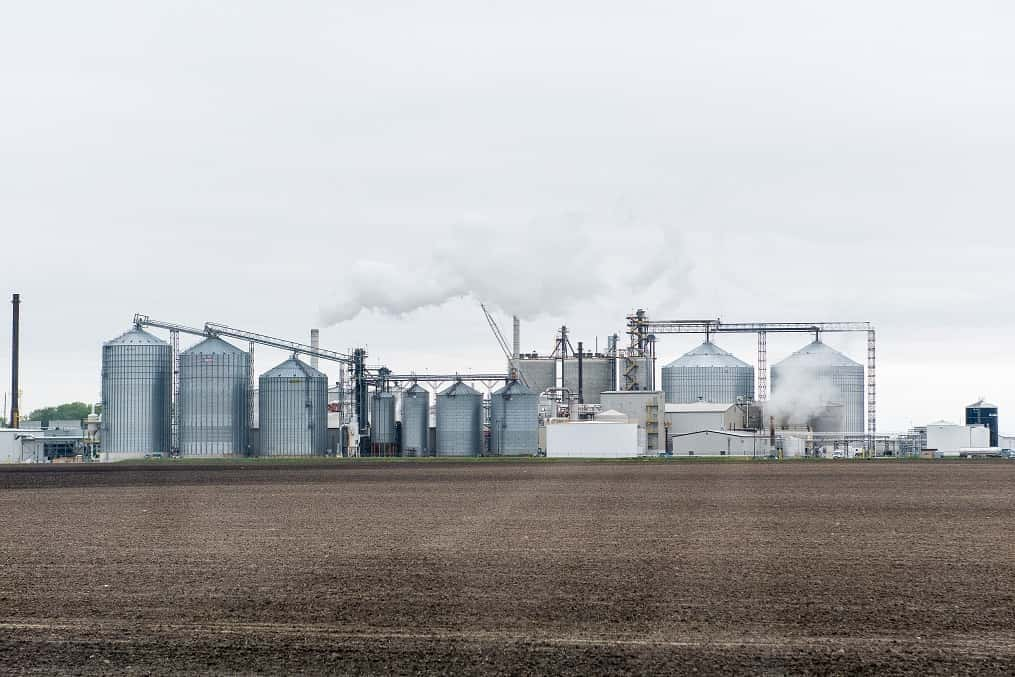
Content and image provided by MN Corn Growers Association
The demand for sanitizer has outpaced our nation’s supply over the last month as Americans focus on stopping the spread of the Coronavirus. A number of ethanol plants in Minnesota and beyond stepped up to the plate and used their resources to help fill the need.
Some ethanol plants in Minnesota have adapted their manufacturing process to create ethanol for sanitizer instead of fuel. The opportunity to play a role in providing a much-needed product during today’s efforts to stop the spread of COVID-19 has not been taken lightly, according to Ken Colombini, communications director for the Renewable Fuels Association.
“Our ethanol plants want to serve, and they want to do it in a way that gives back to the community,” Colombini said. “And no better way for them than to take a product that is good for our air to help stop the spread of the Coronavirus.”
Ethanol production for sanitizer has also provided plants another market as demand for ethanol fuel has sharply declined due to drivers staying home. Colombini said production of ethanol for sanitizer could prevent some plants from closing during the downturn; however, it does not provide a revenue center that will uplift the industry.
“It could help some plants individually, I would not consider it a panacea for the entire industry,” Colombini said.
Significant barriers also exist for some ethanol plants to enter the sanitizer industry.
Colombini said the Renewable Fuels Association has been doing what it can to make it easier for plants to begin sanitizer production. It recently worked alongside others in the ethanol industry to modify a Food and Drug Administration regulation enabling fuel ethanol plants to increase production of the grades of alcohol suitable for hand sanitizer.
Still, Colombini stressed switching over a plant to produce pharmaceutical-grade alcohol is not an overnight process, and some plants may not have the workforce to make the transition. Many ethanol plants also don’t have the equipment necessary. And an ethanol plant that may have closed or sharply dialed back production more than likely will not see a large enough benefit in making the transition.
“Some might consider hand sanitizer to be a product too small of a business to save them. And while many are still going strong, the [ethanol plants] that have closed down are not going to reopen for this,” Colombini said.
